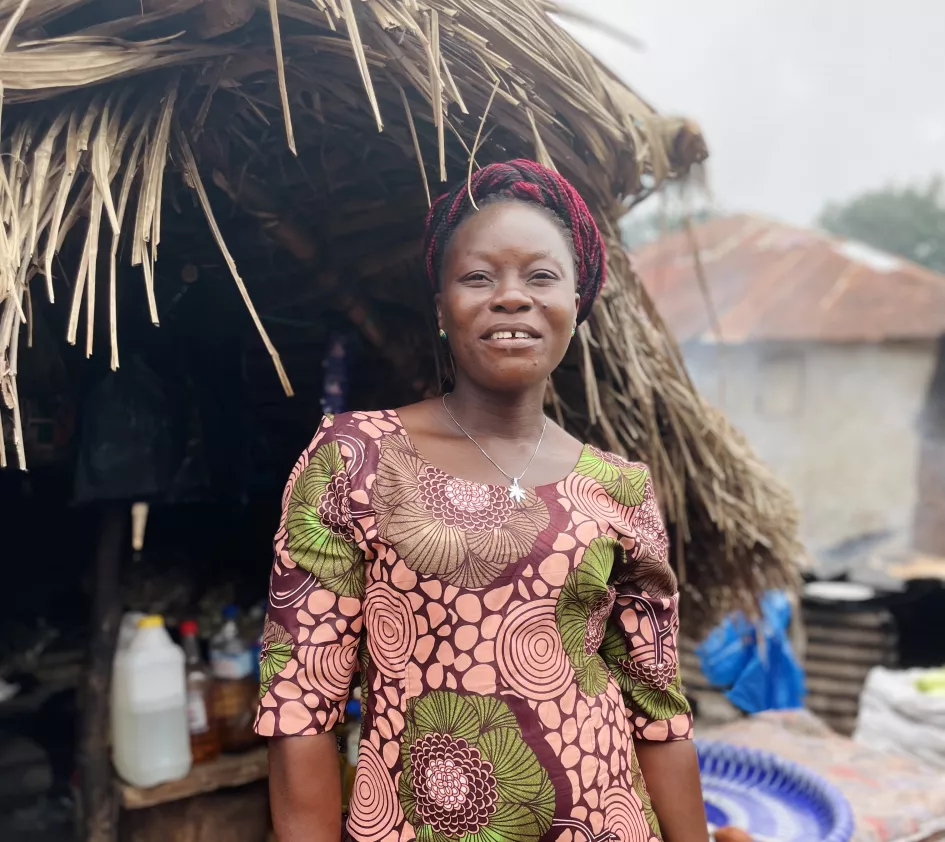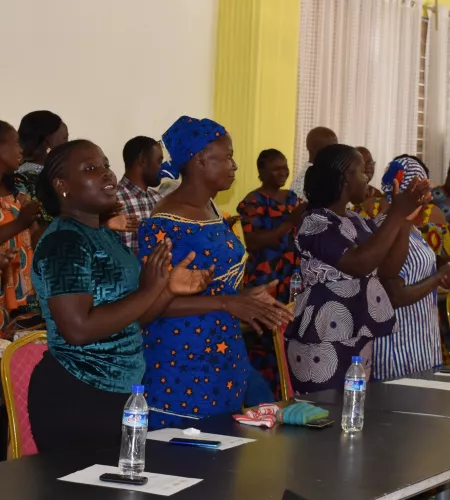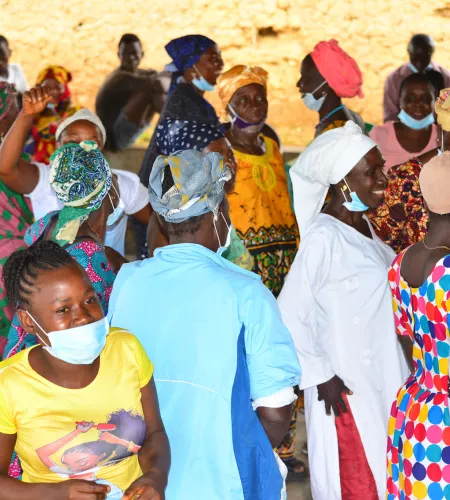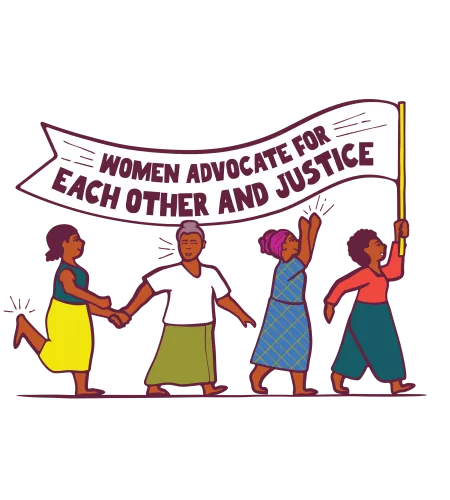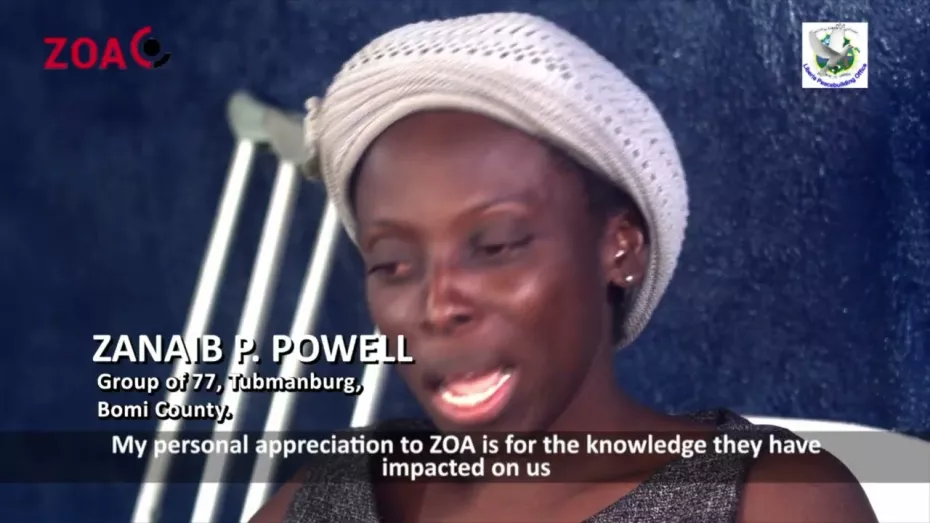“I feel so fine and happy because I never knew the importance of myself as a woman,” said Viola Pewuee. “We, the women, learned how to care for our community and how to lead. We shouldn’t be afraid to talk among men. Many of us never knew how to express our feelings, even among our friends, but by now, I can even speak in front of large crowds.”
Viola participated in an empowerment project that ZOA initiated in Liberia. The representation of women in politics and leadership positions in the country is low. In 2017, only around 12 percent of parliament seats and only 6 percent of local government positions were held by women.
Efforts on paper fail to recognize women’s complex lived realities and the challenges they face in practice. Low levels of education, limited economic opportunities, poverty, the lack of support networks, and sexual and gender-based violence inhibit women’s ability to compete for and participate in politics on equal footing with men. Persistent social norms and traditional beliefs restrict women to caregiving duties in the private sphere, whereas men are naturally seen as leaders and decision-makers within and outside of the household.

